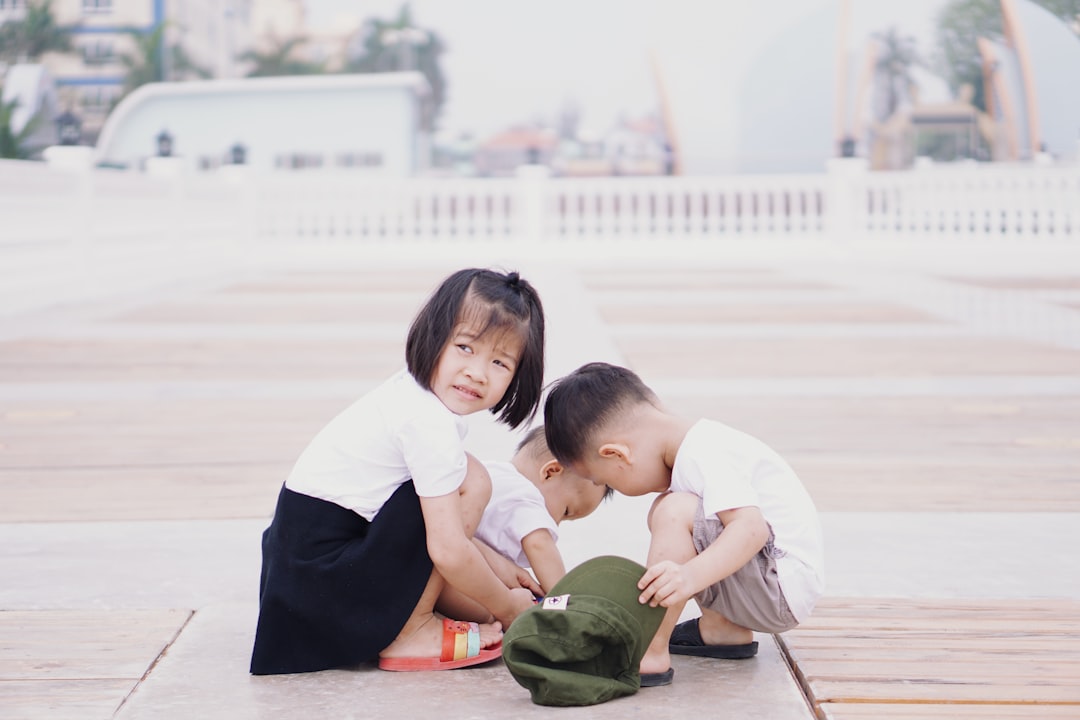In the intricate dance of raising children, parents and educators play pivotal roles that deeply influence a child’s development and worldview. This high-end exploration into various parenting and education styles sheds light on how each method can uniquely shape a child’s future. As society evolves, understanding these dynamics becomes crucial in nurturing well-rounded, capable, and resilient individuals.
The Foundation of Attachment Parenting
Attachment parenting emphasizes emotional bonding and responsive parenting. Proponents argue that a strong foundation of trust and security, established through practices such as co-sleeping, extended breastfeeding, and constant physical closeness, leads to confident and emotionally secure children. This style is grounded in the belief that early emotional bonds set the stage for healthy emotional development throughout a child’s life.
The Structured World of Authoritative Parenting
This style is characterized by a balanced approach where high expectations are blended with understanding and support. Authoritative parents enforce rules and expectations but are also open to dialogue and negotiation. This approach is often linked to high academic performance, self-discipline, and a positive self-image. Children raised under this style are typically well-adjusted, capable of making informed decisions, and are socially adept.
The Educational Philosophy of Montessori
The Montessori method, developed by Dr. Maria Montessori, stresses independence, freedom within limits, and respect for a child’s natural psychological development. Montessori classrooms are known for their calm, organized environments where children engage in activities at their own pace. This educational style encourages children to make choices and take ownership of their learning, fostering both independence and a love for learning.
The Dynamic Approach of Experiential Learning
Experiential learning emphasizes learning through experience and is particularly prominent in progressive education models. It suggests that knowledge is constructed through real-life, hands-on problems, where students learn by doing. This approach is thought to build resilience and problem-solving skills, preparing children for real-world challenges. Experiential learning can make education more engaging and relevant to students, potentially sparking a lifelong passion for discovery.
Unschooling – A Radical Take on Child-Led Learning
Unschooling is a more radical form of homeschooling that eschews traditional curriculum and grade levels in favor of letting children dictate their learning process based on their interests and passions. This method can lead to highly motivated individuals who are adept at independent learning and thinking. However, it requires a high level of commitment from parents and may not suit every child or family structure.
In conclusion, the landscape of parenting and education is as varied as it is complex. Each style carries its own set of advantages and challenges, and what works for one child might not suit another. By understanding and carefully considering these methods, parents and educators can better equip the next generation with the tools they need to thrive in an ever-changing world.






